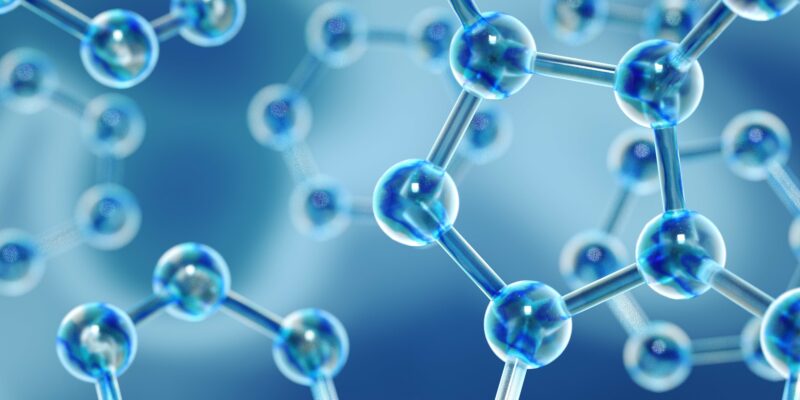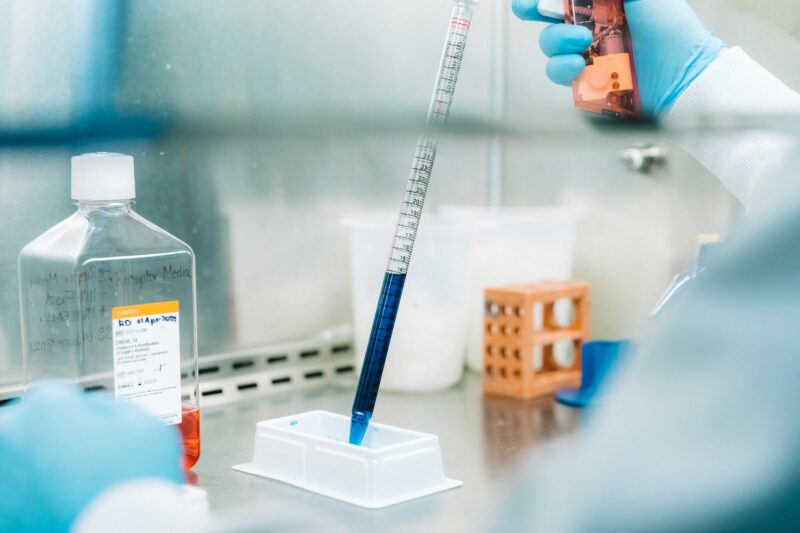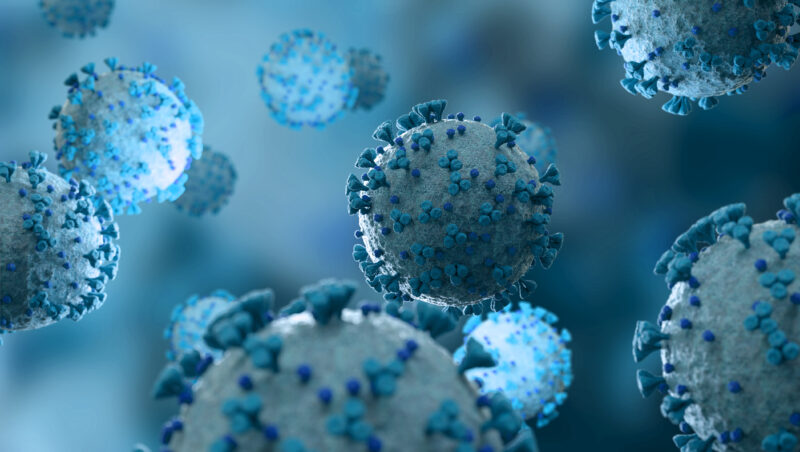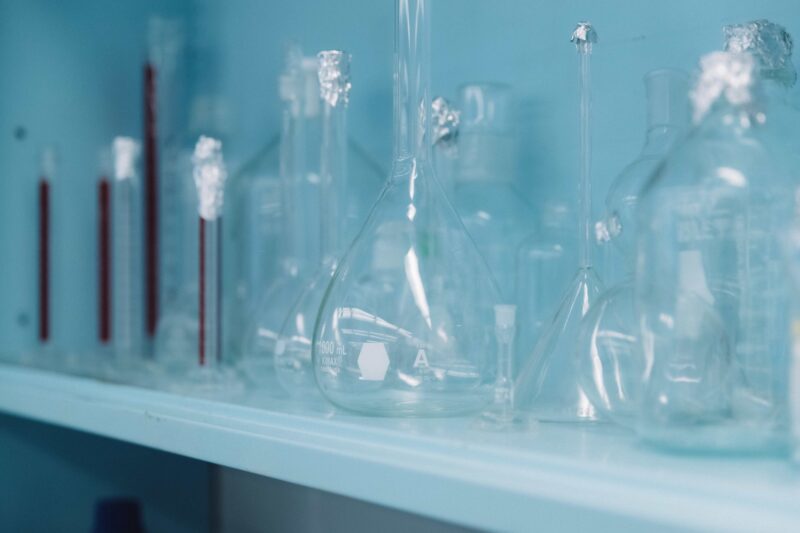Expertly Tailored Solutions Across Diverse Drug Modalities
We offer deep expertise across a broad spectrum of therapeutic modalities—including small molecules, biologics, peptides, antibodies, and viruses. Leveraging decades of translational research experience, our integrated platforms support every stage from early discovery through IND-enabling studies and clinical trials. We customize each project to address your molecule’s unique challenges, providing robust and innovative solutions.

What Sets Us Apart:
Small Molecule
We specialize in small molecule drug discovery and optimization, including advanced methodologies like PROTAC development. Our capabilities encompass comprehensive medicinal chemistry and lead optimization to drive your candidates toward clinical success.

Peptide
Our peptide drug development includes radiopharmaceuticals and radio tracers for precise targeting and imaging. We deliver customized peptide solutions for diverse therapeutic applications, enhancing efficacy and specificity.

Viruses
We provide comprehensive support for virus-based therapeutic modalities, enabling effective development and optimization of viral vectors for gene therapy and vaccine applications.

Antibody Directed Responses
We offer expertise in antibody modalities including antibody-drug conjugates (ADCs) and antibody-dependent cellular cytotoxicity (ADCC). Additionally, our capabilities extend to radiopharmaceutical development for targeted therapeutic approaches.

Lipid Nanoparticles (LNPs)
Our advanced LNP platforms support precision delivery of therapeutic agents, leveraging fluorescence and luminescence imaging (IVIS) to assess biodistribution and efficacy with high accuracy.

Our Experts
Ready to Advance Your Research?
Contact our experts today and explore how Southern Research can elevate your project.









